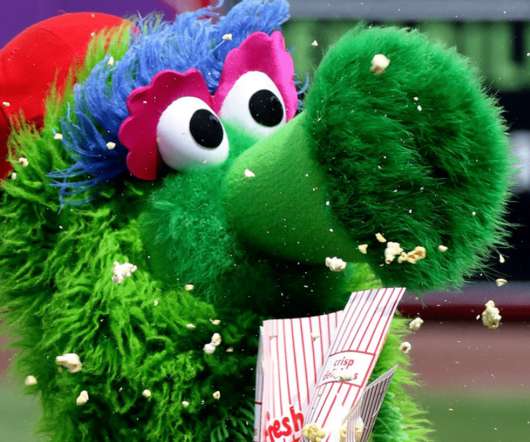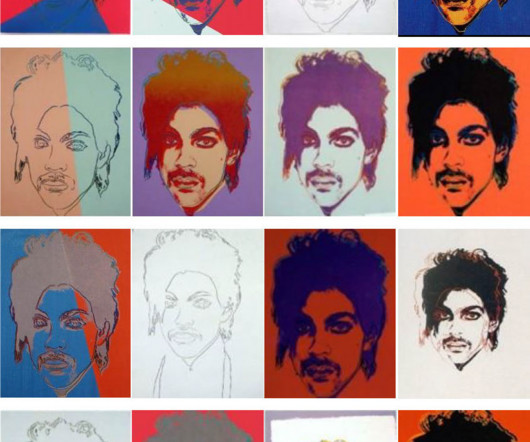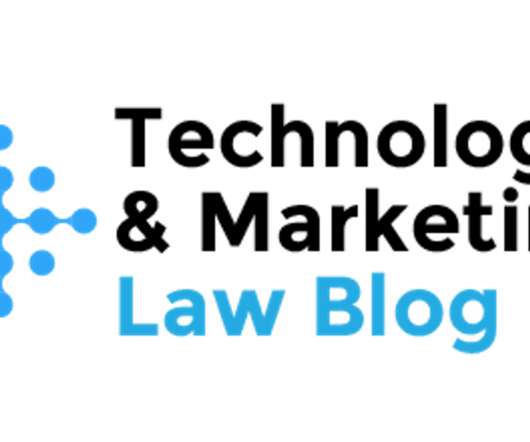Understanding the Pearson v. Chegg Copyright Infringement Lawsuit
Plagiarism Today
SEPTEMBER 15, 2021
In short, it’s claiming that Chegg, in many cases, either directly copies the content or creates a thinly veiled derivative work based upon it, both of which are violations of copyright law. Not Covered by Copyright: This is a likely argument where just the answers are presented.













Let's personalize your content